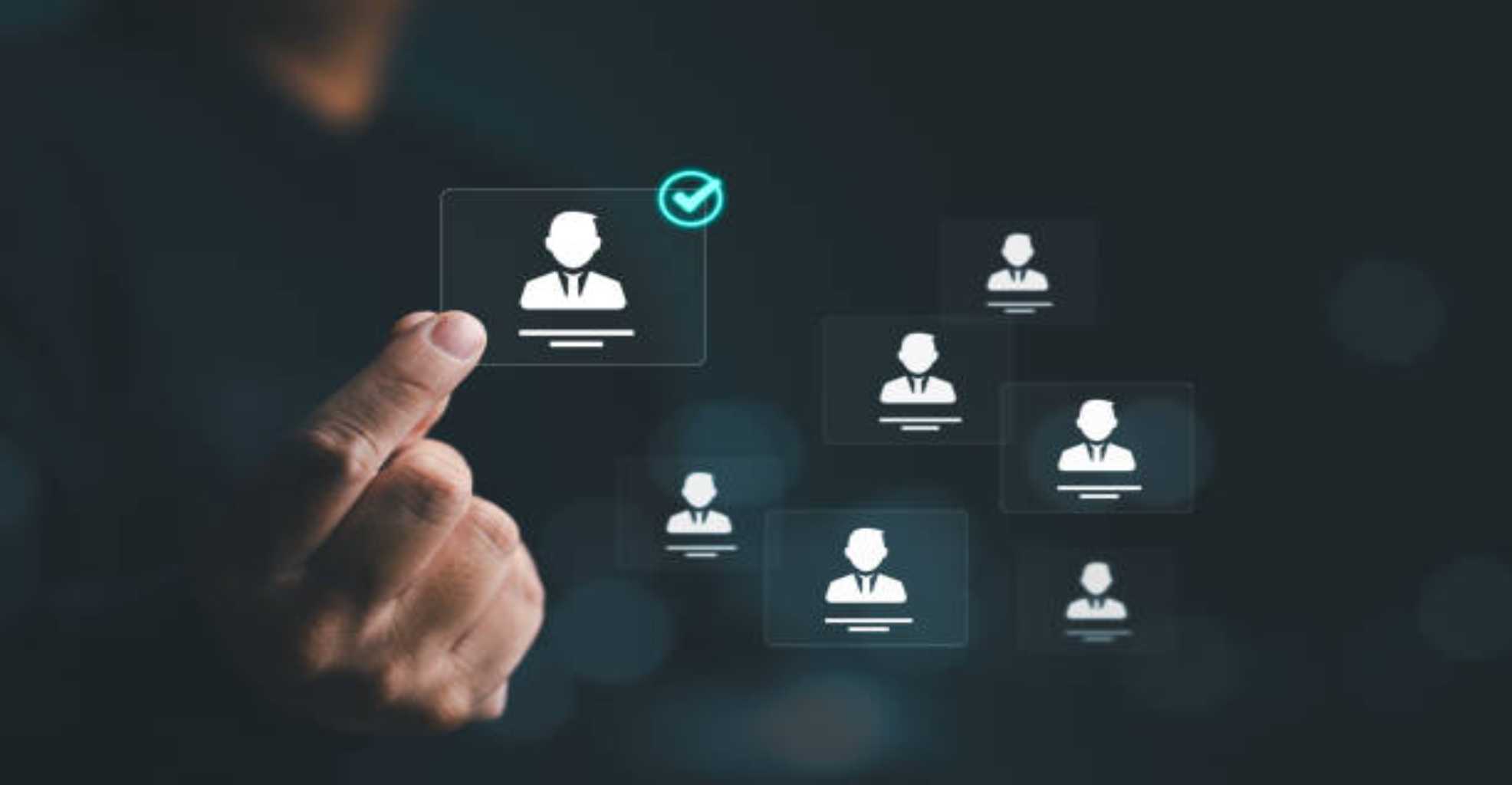Workplace Dystopias: Literary Explorations of Future Career Landscapes
The modern workplace is evolving at an unprecedented rate, driven by technological advancements, shifting economic structures, and global connectivity. While many celebrate these changes as progress, literature has long imagined darker versions of the future of work.
In the realm of dystopian fiction, authors explore how technology, corporate control, and societal pressures could reshape careers in unsettling ways. These literary visions serve as cautionary tales, warning of the consequences of unchecked ambition, technological dominance, and the erosion of individual freedoms within the workspace. In this blog post, we examine how dystopian novels explore the future of work, offering thought-provoking commentary on the trajectory of modern labor.
The Mechanization of Labor: The Rise of Corporate Control
One of the most vivid depictions of workplace dystopia is found in 1984 by George Orwell, where citizens work under constant surveillance and strict governmental control. Orwell’s portrayal of regimented labor highlights the dangers of totalitarian oversight, where individuality is sacrificed for productivity and obedience.
Similarly, Brave New World by Aldous Huxley envisions a society where work is engineered for maximum efficiency, stripping away personal choice and fulfillment. Huxley’s world is one where people are bred and conditioned for specific jobs, eliminating any notion of career freedom. His chilling depiction of a future where human agency is compromised by corporate and governmental control serves as a stark reminder of the potential consequences of unbridled technological influence.
Automation and the Human Cost
Dystopian fiction also examines the implications of automation on the workforce. In Player Piano by Kurt Vonnegut, technology has rendered most human labor obsolete, leading to widespread unemployment and social stratification. Vonnegut’s narrative explores the psychological toll of technological displacement, where human purpose and dignity are sacrificed for mechanical efficiency.
A more contemporary take is seen in Machines Like Me by Ian McEwan, where artificial intelligence disrupts traditional labor markets, challenging the role of humans in an automated society. McEwan’s exploration of AI-driven workplaces raises questions about ethics, humanity, and the societal impact of technology-driven labor shifts.
Surveillance and Corporate Power
The concept of surveillance as a tool for corporate control is a recurring theme in dystopian literature. In The Circle by Dave Eggers, protagonist Mae Holland navigates the all-encompassing surveillance culture of a tech giant where transparency is mandated, and privacy is obsolete. Eggers’ narrative highlights the invasive nature of corporate overreach, blurring the lines between work and personal life.
In Severance by Ling Ma, the monotony and rigidity of corporate life are explored against the backdrop of a global pandemic. The protagonist’s numbing routine and the company’s unyielding demands reflect a dystopian vision of corporate detachment from humanity, even in the face of societal collapse.
Lessons from Fiction: Preparing for Future Work
While dystopian novels paint bleak pictures of future workplaces, they also offer critical insights into current trends:
Technological Overreach: Works like Player Piano and Machines Like Me highlight the potential risks of automation displacing human labor.
Surveillance Culture: Novels like 1984 and The Circle caution against the erosion of privacy in pursuit of productivity and control.
Loss of Autonomy: Brave New World serves as a warning of how corporate and governmental control can strip away personal career freedom.
Human Connection Remains Vital: Despite technological advancements, literature suggests that meaningful work is deeply tied to human connection and purpose.
Final Thoughts
Dystopian literature serves as a speculative lens through which we can examine the future of work. Through stories of surveillance, automation, and corporate dominance, these novels challenge us to reflect on the direction of modern labor practices. As technology continues to reshape career landscapes, the cautionary tales told through fiction remind us to balance progress with humanity, ensuring that the evolution of work serves people—not the other way around.







